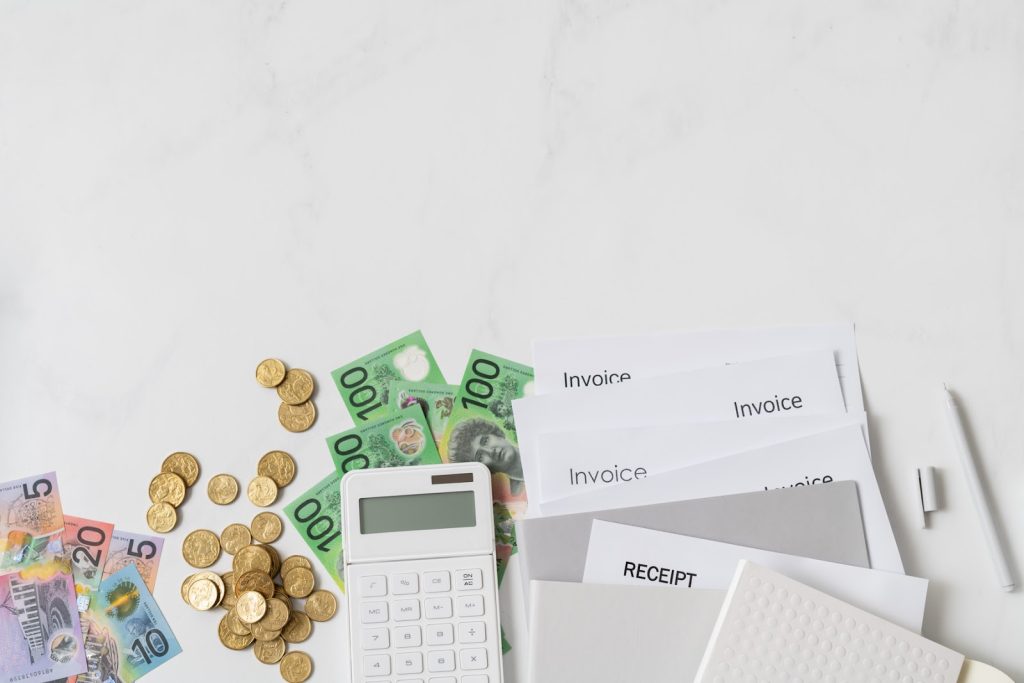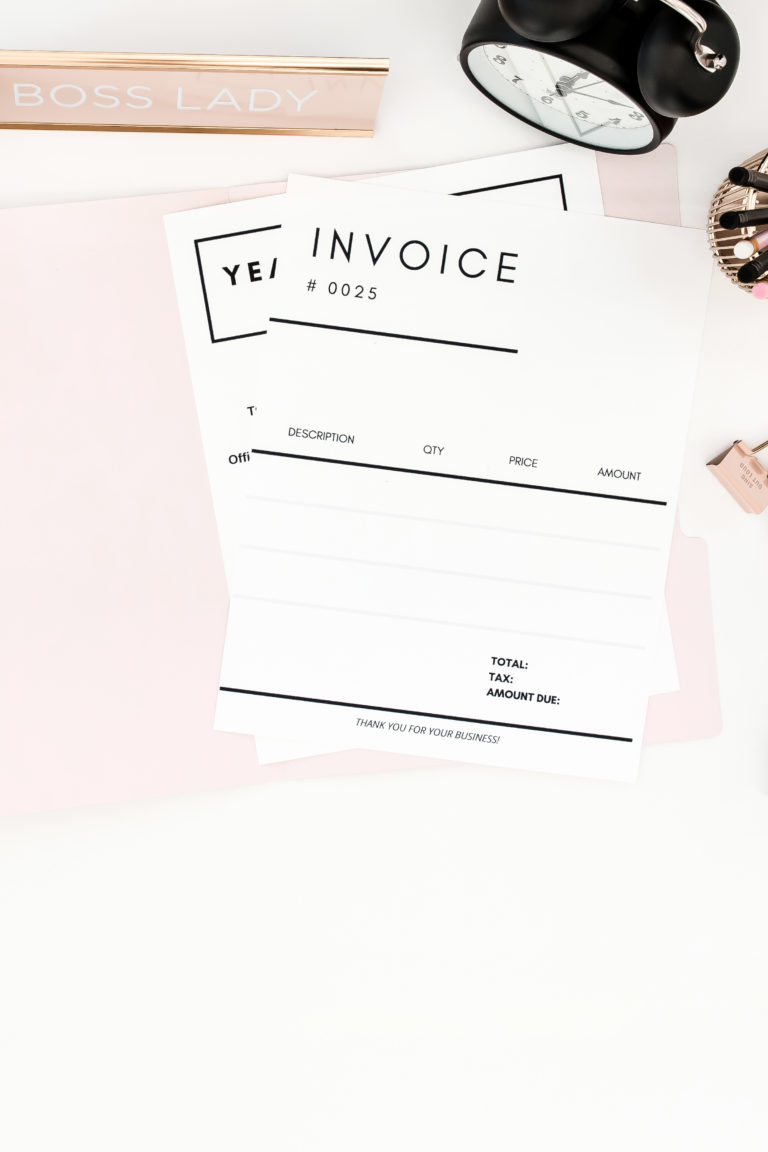The Price You Pay for Unreliable Business Guidance on Social Media

If you read through tips or listened to a podcast from a well-known Australian-based money influencer, or finfluencer, you’d assume the business advice they dished out would be sound, right? I certainly would so when I saw a social media post packed with business advice that was SO factually incorrect I was beyond repulsed.
Here’s the thing: anyone with personality and a Wi-Fi connection can build authority. Unfortunately, that cred doesn’t extend to cover a legit licence for practising in the industry. Which is a problem in any capacity BUT when it comes to small biz finances, GST & Tax advice? It’s terrifying.
In this particular instance, a registered Tax Agent felt compelled to call this finfluencer out because from an ethical standpoint, following the advice stated could have landed her thousands of followers in some very hot water.
Today I’m going to highlight some of those key points (while keeping the identity of this finfluencer anonymous) and why that advice is dangerous.
Before I do, please do your due diligence and check the registration details of any financial professional you’re working with, listing to or following. A simple search through the Public Register will show you who’s legit and who’s not.

Registering for an ABN
❌The Wrong Information: as recommended by the “money guru”:
- If you are making less than $75,000 you don’t need an ABN. INCORRECT
✅The Correct Information: Your obligations as a business owner are lengthy and if you’re unsure, the ATO Website is a great place to source up-to-date factual information.
I’ve created a New Biz Checklist so you can see exactly what you need to trade in Australia.
As soon as you start making any money or have the intent to make any, you’re officially a business owner and are required to apply for an ABN – Australian Business Number.

Switching To A Company Structure
❌The Wrong Information: as recommended by the “money guru”:
- You should opt for a company structure if you want to hire staff and protect your assets. INCORRECT
✅The Correct Information: Some reasons you might consider starting with, or switching to a company include:
- When you start earning more as a sole trader, your tax rate might go up. As a company, you *might* end up paying only 28% tax (dependent on a multitude of things) vs up to 48% as a high-income sole trader (again, dependent on a multitude of things) so make sure you get advice from a Tax Agent on your circumstances
- Creating a company separates your finances from those of the business, giving you more protection against debts and other legal issues. Along with this added protection, you’ll have a little more leverage when it comes to securing loans and expanding your business.
- If your business has grown and you want to continue growing it in the future, a company set-up will allow you more flexibility to do so.
- Fun fact: some entity types you can’t employ yourself, but you can employ other staff in any entity.
If you’re unsure, Tracey from TM Solicitor has covered the basics of business structure on her podcast. Note: she is an actual solicitor, and you should always seek advice from accredited professionals when it comes to business set-up and obligations.

Registering for GST
❌The Wrong Information: as recommended by the “money guru”:
- If your gross income is more than $75,000 per financial year, you need to register for GST. INCORRECT
✅The Correct Information: If you make more than $75,000 in any 365 days, you must register for GST. The actual dates as they relate to the financial year are not applicable.
Always speak with a registered (BAS/Tax Agent) bookkeeper or accountant about your unique business situation, but in the meantime, you must register for GST when:
- Your rolling income over 12 months is likely to reach or exceed $75,000.
- When you launch a new business, and you believe you will reach $75,000 in your first year (go you!).
- If you are a non-profit organisation and your income over 12 months is likely to reach or exceed $150,000.
- If you are a Taxi, Lyft, Limousine or Uber driver. Your income is not taken into account here, you will need to register regardless.
- If you want to claim fuel tax credits.
The ATO has created an up-to-date and correct guide on registering for GST here.

The cost of following the wrong advice
The ATO is serious about the legislation it imposes. In the 2022-2023 financial year, 8,265 Australian Small Businesses were stung with penalty fees totalling $300m! A big contributor was recklessness, intentional disregard of taxation law and failure to take reasonable care.
Following the wrong advice could easily land you in some very hot water. The rules imposed around income tax, GST, superannuation and everything else that comes under the ATO umbrella isn’t a suggestion, it is THE LAW.

The Professionals For The Job
Ignorance can be bliss, but it can also be expensive. Not understanding your obligations isn’t a reason for doing the wrong thing. You are financially liable for the moves you make, even if you were following the advice of a trending finfluencer with 100,000+ followers.
Here’s who you should consult when you need solid advice:
- Business Structure: Solicitor & Tax Agent
- Savings/Investments/Banking: Financial Planner
- Bookkeeping/BAS/GST/Payroll: Bookkeeper or Accountant – who is a registered BAS Agent
- Income Tax/Tax Returns: Accountant who is a registered Tax Agent
- Fun Fact: Not all bookkeepers are BAS Agents and not all Accountants are Tax Agents. Check the Public Register to find if someone is registered.
Keep in mind, as with every industry, there are superstars and duds. Some will go the extra mile for you, and others will just tick boxes to keep you compliant, maybe. My advice is to always work with a professional who has a deep understanding of your industry. We all have our areas of focus and finding the right fit is the key.
Book a free discovery call with them to get a feel for how they operate before engaging anyone. Oh and don’t forget to check their reviews for honest feedback.






